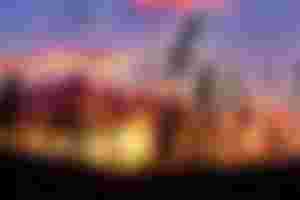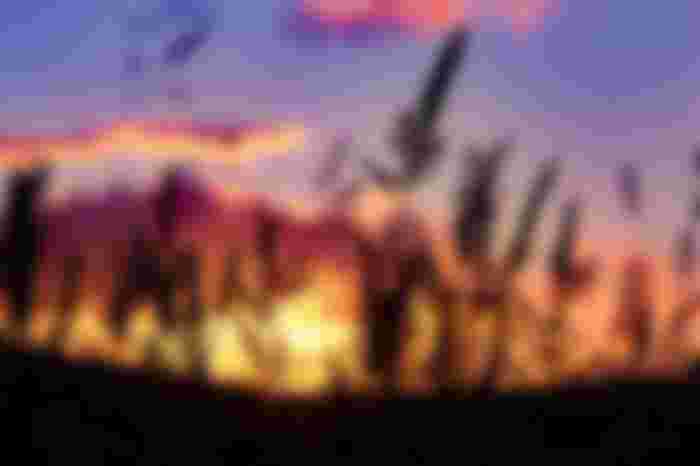Good maps of the place is necessary while heading out for landscape shoots in newer locations. OS maps help in enabling to plan the route, for elevation work out most often in mountain peaks, scenic spots and to plan the trail or road to reach and the vantage position to be photographed from.
Planning about the scenes and finding where to shoot, will make most of the shoot. Working out the sunrise and sunset and suns position will ensure that the photo is taken at right time and in a right place. The lie of land should be surveyed before taking landscapes. It should be made sure that the photo is taken from the best vantage spot in accordance with the suns position. Looking for focal point-’anchor’ leads the eye into the picture, whether it is a tree line or a farmhouse or a foreground interest.

Usually while capturing landscapes, beginners stop at view point, come out of the vehicle and take some hand-held snaps. To make improvement in the shots, walking around the lake side or a view point or the mountain base will make the photographer to get involved in the scenery. This helps in improving the composition. Sunset and sunrise( one hour after or before) is the day’s best time to capture wonderful landscape shots as the sky is spectacularly colorful. The forecast has to be watched beforehand. Avoiding cloudy or overcast days is important. Clear skies with clouds smattered, make colorful skylines.
Some amateur photographers are comfortable shooting in JPEG’s. But it is best to capture landscapes using RAW settings in the camera as it contains more ‘information’. This helps in increasing or decreasing the exposure or in enhancing the colors and tones in a similar RAW software or Adobe camera without making any compromise on quality. Most often landscapes are shot in low light, with slow shutter speeds and hand held without camera being shaken. But for best results it is essential to use a tripod.
Landscape capturing depends on how well the light is used. It should not only be shot at a right time in a day but in right time of the year. Best shots are captured during the sunrise in early morning or during the sunsets in late evening, producing a softer, colorful light with long shadows giving landscape shots extra dimension and depth.
Sample shots can be taken with hand held cameras by moving around and kneeling down, getting high and low to get a best spot for a balanced and good composition of background and foreground elements. For successful and a sharp landscape picture, it is necessary to ensure that the entire scene is focused from front till the back. To get this depth, it is essential to use a narrow aperture, then focusing one-third into scene to make sure that the pictures are sharp from foreground till the horizon.
Always in landscape photography it is better to use the camera’s manual autofocus, as the auto-point selection focuses only on the closest objects, not ideal in shooting landscapes.

Great article